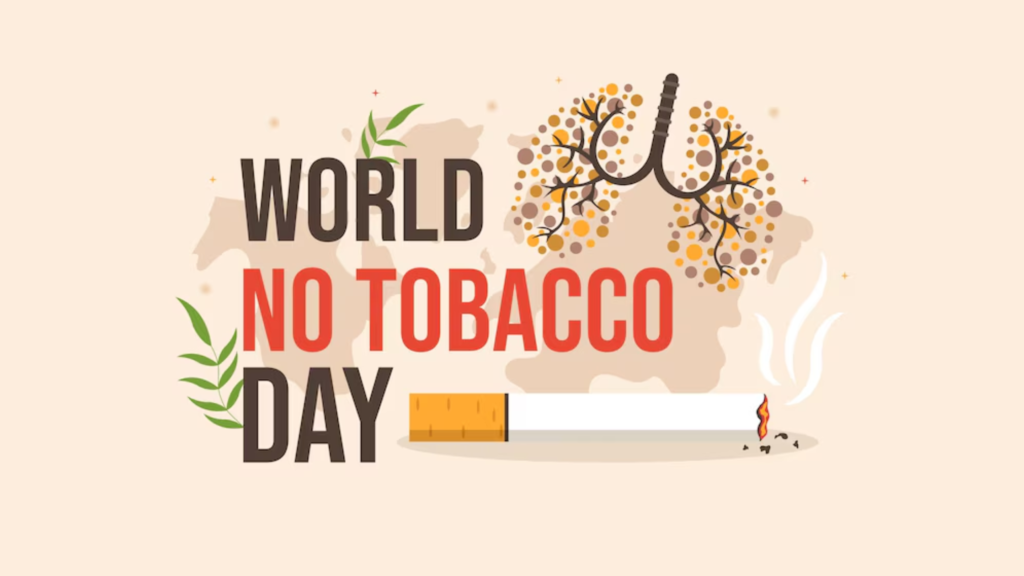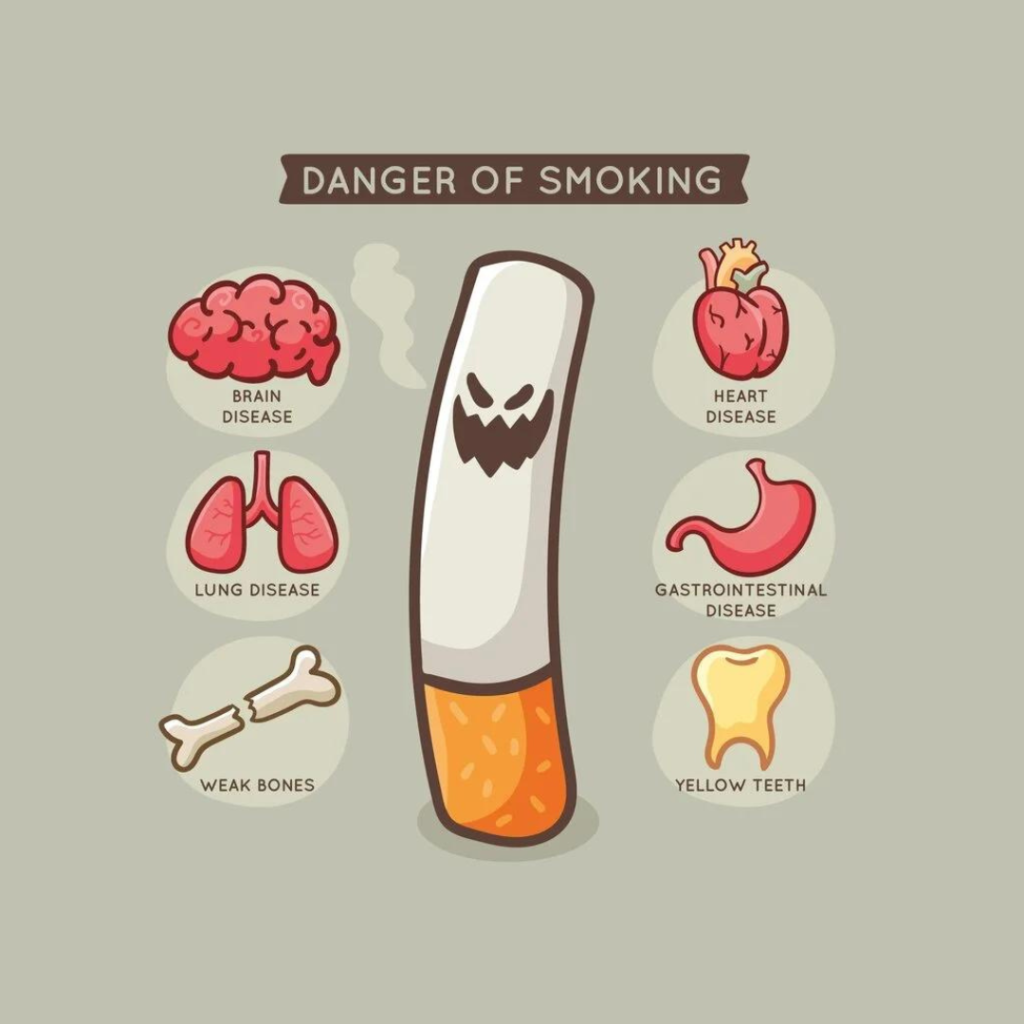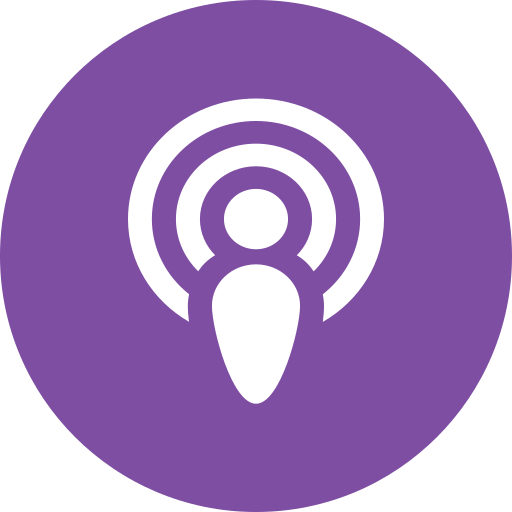

Every year on May 31st, World No Tobacco Day (WNTD) is observed globally to draw attention to the health risks linked with tobacco use and advocate for result-driven policies to reduce its consumption. Initiated by the World Health Organization (WHO) in 1987, this day serves as a call to action for organizations, governments, and individuals to take steps toward a tobacco-free world. In this blog, we will discuss the significance of World No Tobacco Day, the health risks of tobacco, and ways to support the global fight against tobacco use.
The Significance of World No Tobacco Day
Did you know that tobacco usage claims more than 8 million lives annually worldwide, emerging as the leading cause of preventable deaths? These figures are not just statistics; they’re a stark reminder of the urgent need for heightened awareness and concerted.
Furthermore, the economic implications of tobacco extend far beyond individual health, amounting to over $1 trillion annually in healthcare costs and lost productivity globally, according to the World Health Organization. These statistics paint a sobering picture of the toll tobacco exacts on personal well-being and global prosperity.
World No Tobacco Day aims to:
1. Raise Awareness: Highlight the dangers of tobacco use and its impact on the environment, health, and economy.
2. Encourage Quitting: Motivate smokers and tobacco users to quit and seek support for cessation.
3. Advocate for Policies: Promote effective measures and policies to reduce tobacco consumption, such as taxation, bans on advertising, and smoke-free laws.
4. Support Tobacco Control Initiatives: Mobilize resources and support for tobacco control programs and initiatives globally.
Behind each statistic lies a tale of addiction, adversity, and resilience. Every drag of a cigarette represents an individual grappling with the clutches of addiction amidst societal pressures. It’s imperative that we recognize and support these individuals in their journey toward tobacco cessation, offering resources and empathy along the way.
Each year, the WHO selects a theme for World No Tobacco Day to focus on different aspects of tobacco control. This year’s theme is “Protecting children from tobacco industry interference.” Themes have ranged from exposing the tobacco industry’s tactics to promoting tobacco cessation and protecting youth from tobacco exposure.
Health Risks of Tobacco Use:
Tobacco use is the major cause of preventable deaths worldwide. Here are some main health risks associated with tobacco:
1. Cancer: Tobacco use is a big risk factor for various cancers, including lung, mouth, throat, esophagus, and bladder cancer.
2. Cardiovascular Diseases: Smoking enhances the risk of heart disease, stroke, and high blood pressure.
3. Respiratory Illness: Chronic obstructive pulmonary disease (COPD), emphysema, and chronic bronchitis are common among smokers.
4. Pregnancy Complications: Tobacco use during pregnancy can lead to low birth weight, premature birth, and developmental issues in infants.
5. Secondhand Smoke: Non-smokers who are around secondhand smoke are in danger of developing the same health issues as smokers, like heart disease and respiratory problems.

As members of the LYLWL network, we possess a unique platform to catalyze change within our spheres of influence and beyond. We can ignite a wave of positive transformation by fostering dialogue, championing policy reforms, and amplifying cessation resources.
On this National Tobacco Day, being a Healthcare expert, I implore each of you to introspect your relationship with tobacco and contemplate the measures you can adopt to foster a tobacco-free future. Whether it’s extending support to a loved one on their cessation journey, advocating for smoke-free environments, or elevating awareness initiatives, every action contributes to the larger cause.
The name “People” in our network represents individuals who have lost dear loved ones to the long-term negative impacts of tobacco. Their stories fuel our determination to enact meaningful change and create a future where such losses are minimized.
Join us in our crusade against tobacco usage. Share this message within your circles, pledge solidarity with tobacco cessation endeavors, and embark on concrete steps toward nurturing a healthier tomorrow. If you’re contemplating quitting smoking and seeking assistance, consider reaching out to a quitline. Quitlines offer complimentary coaching services over the phone to aid in smoking cessation. Dial 1-800-QUIT-NOW to connect confidentially with a proficient quit coach. Let’s embark on this journey toward a tobacco-free existence together.
Join Us:






